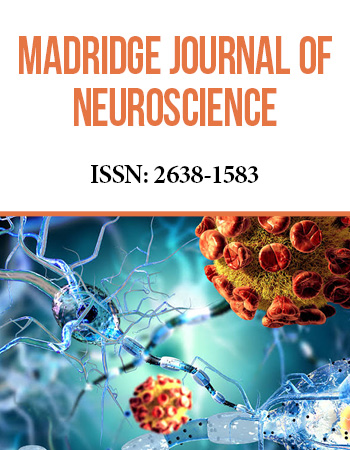International Neurology Conference
December 3-4, 2018 Valencia, Spain
Korean Medication Algorithm for Bipolar Disorder: Changes in Preferred Medications for Mania Over 16 Years
1Hallym University Sacred Heart Hospital, Korea
2Konkuk University Chungju Hospital, Korea
3Naju National Hospital, Korea
4Chung-Ang University Hospital, Korea
5The Catholic University of Seoul, Korea
Introduction: Many treatment guidelines for bipolar disorders have been introduced to assist clinical decision. Majority of these guidelines are based on evidences from clinical trials. The Korean Medication Algorithm Project for Bipolar Disorder (KMAP-BP) was developed to adopt and maintain an expert-consensus paradigm which was more practical and specific to the atmosphere in Korea. In this research, preferred medication strategies for acute mania over four consecutively published KMAP-BP guidelines (2002, 2006, 2010, 2014, and 2018) were investigated.
Methods: The KMAP-BP questionnaire using a nine-point scale had covered some specific clinical situations divided into subsections with many treatment options. A written survey asked about the appropriateness of various treatment strategies and agents.
Results: The most preferred initial treatment strategy for all subtypes of mania was a combination of mood stabilizer (MS) and atypical antipsychotic (AAP) in every edition. In contrast to MS monotherapy, the preference of combination therapy has been increased over time. Among MSs, lithium and valproic acid are almost equally preferred except in the mixed subtype where valproic acid is the most recommended MS. Olanzapine, quetiapine, and aripiprazole were the preferred AAP for acute mania in later editions. This change might depend on the recent research results and safety profile. In cases of unsatisfactory response to the first-line medications, we recommended switching or adding another first-line agent.
Discussion: The Korean experts have been increasingly convinced of the effectiveness of a combination therapy for manic episode. There have been evident preference changes: increased for AAP and decreased for carbamazepine.
Biography:
Dr. Duk-In Jon is the Professor and Chairman of Department of Psychiatry, Hallym University Sacred Heart Hospital in Korea, Vice President in the Korean Society for Affective Disorders, Editor-in-chief of Clinical Psychopharmacology and Neuroscience (SCIE).


